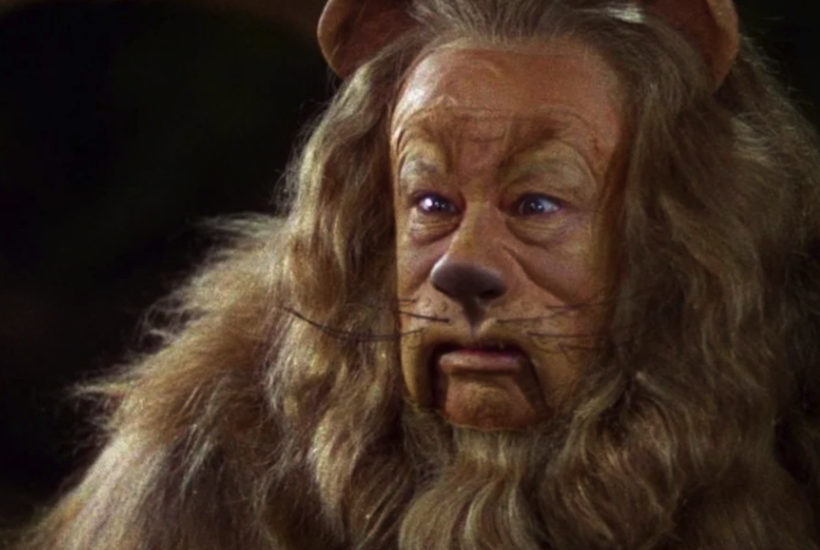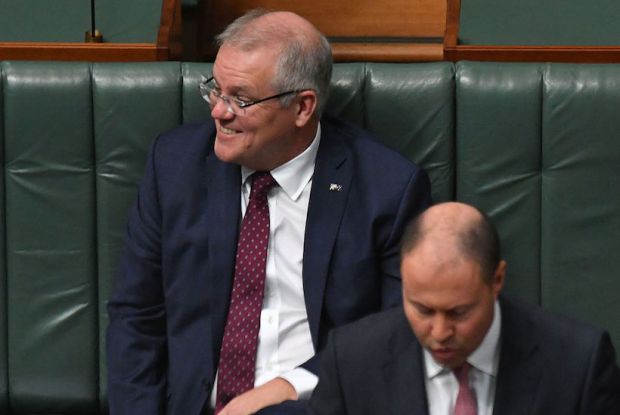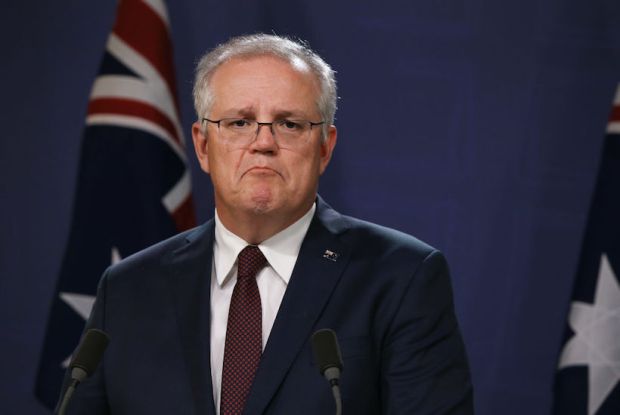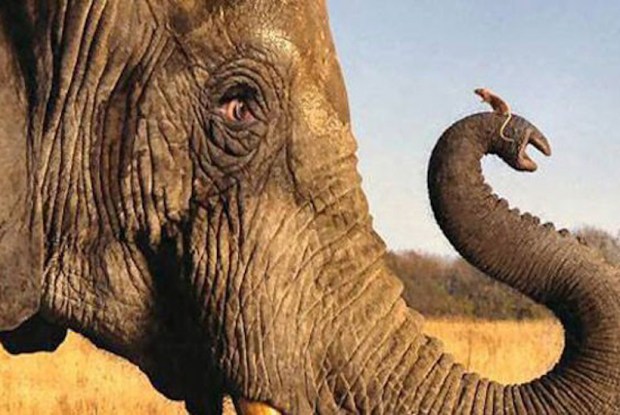Today, Labor waved the Coalition’s cowardly electoral laws described in these pages 11 days ago designed to strangle smaller parties and castrate the Liberal Democrats on the libertarian front and the New Liberals on the left through the Senate.
The quid pro quo? Presumably, Labor hope bans on use of words like “Liberal” or “Labor” by other entities will let it hit back at the DLP and anyone attempting to seize the Workers’ Flag.
Already a subscriber? Log in
Subscribe for just $2 a week
Try a month of The Spectator Australia absolutely free and without commitment. Not only that but – if you choose to continue – you’ll pay just $2 a week for your first year.
- Unlimited access to spectator.com.au and app
- The weekly edition on the Spectator Australia app
- Spectator podcasts and newsletters
- Full access to spectator.co.uk
Or


























Comments
Don't miss out
Join the conversation with other Spectator Australia readers. Subscribe to leave a comment.
SUBSCRIBEAlready a subscriber? Log in